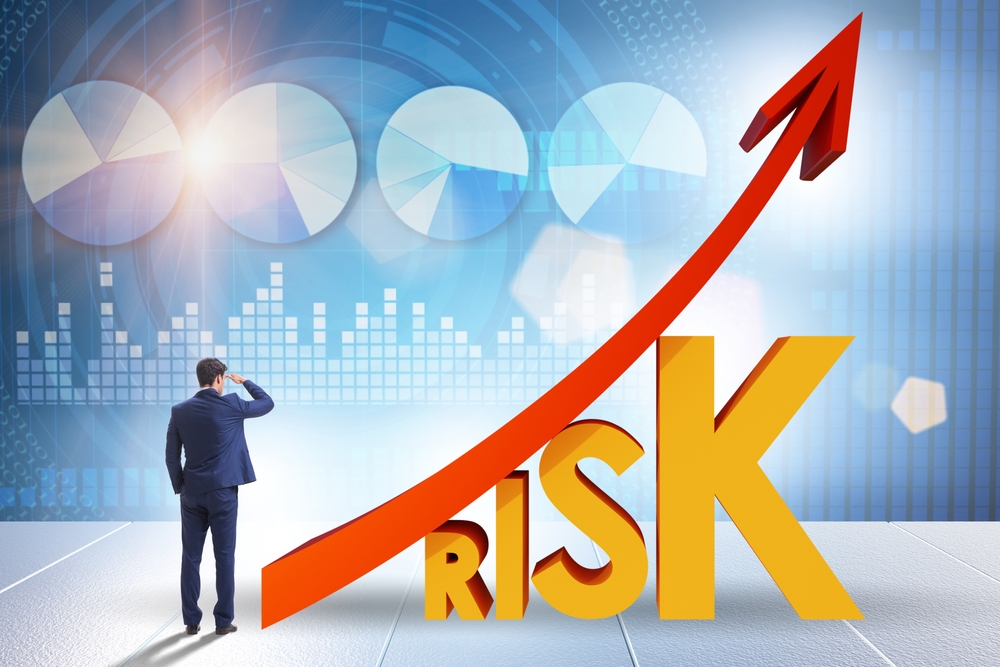High-risk businesses can really have a difficult time acquiring credit card processing solutions, business loans, and even business insurance.
Payment processors prefer to work with low-risk merchants as they have a lower risk of being subjected to chargebacks and fraud.
What Is A High-Risk Business?
A high-risk business is a type of business that has been designated by both payment processors and banks to be risky as a result of being prone to chargebacks and fraud.
It does not mean that the business is operating illegally or in an illegal vertical. It’s just that it’s most likely to face financial difficulty due to the higher risk of operating in an industry that sees higher-than-average chargebacks and incidences of fraud.
Characteristics Of A High-Risk Business
As previously mentioned, traditional banks and processors shy away and even reject high-risk merchants for merchant accounts due to their higher level of risk. In order to determine whether a business is high-risk, they will look at the following:
- Rates of chargeback and fraud
High chargeback rates are never good, for businesses and processors alike. They are costly and time-consuming and providers would just rather not deal with them. Any chargeback ratio over 1% is considered too high and could get a merchant’s account shut down.
- Controversial products/services
If you run an operation that is considered controversial and “questionable” in the legal sense, this would be considered a high-risk business. These types of businesses tend to be those that sell drug paraphernalia or pornography. They are usually affiliated with questionable marketing practices.
- Offshore businesses running in the U.S.
If your business is headquartered overseas but sells mostly to U.S. customers, banks and processors will categorize you as high-risk due to the “lax banking regulations” found in your country of origin.
- My personal credit score is low
This comes down to the actual business owner. If you have been discovered to have a very low personal credit score, payment processors and banks will automatically categorize you as a high-risk merchant.
- Ticket sales are high
If as a rule, your business accepts credit card payments for high-cost products, this will also place you in the high-risk category by processors and banks.
Types Of Industries Considered High-Risk
Every provider will make their own determinations as to whether or not your business is considered high-risk. Here are a few examples of industries that are typically placed under the high-risk category:
- Airlines
- 1-800 chat sites
- Pornographic merchants
- Life Coaching
- Mail/telephone order sales
- E-Cigarette/Vape shops
- Debt collection services
- Electronics
- Sports forecasting
- Weapon sales
How To Choose A High-Risk Merchant Account Provider
As more high-risk merchants are enjoying successful businesses in just about every vertical, there are now plenty of high-risk merchant account providers to choose from that are equipped and ready to work with high-risk merchants.
One thing to keep in mind is that it will be difficult to avoid higher costs in processing fees. Of course, the prices can vary based on the provider you choose. However, you should expect to pay as much as twice as you would if you were a low-risk merchant being serviced by a low-risk merchant account provider.
Something else to look out for is that many high-risk merchant account providers will require you to have a rolling reserve. A rolling reserve is a type of “subaccount” of your merchant account. It is funded by withholding 5-10% of your credit card transaction funds and placing them into an account to take care of any chargebacks that may occur.
The account “rolls” since the first deposits will be released and refunded to the merchant while funds from the new transactions will be automatically added to the Reserve Account.
Avoiding extortionate high-risk merchant account providers should also be high on your list. As there are good providers, there are equally those who take advantage of merchants who are in desperate need of a merchant account for credit processing. When unsuspecting merchants fall into their trap, they are subjected to overinflated prices and fees.
To avoid this, look carefully at their website to make sure that they actually offer clear information that clearly spells out that they do focus on high-risk businesses.
Moreover, check out reviews online and see if anything negative has been written. Pay close attention to how this company responds to any negative complaints or feedback.
As part of your research, try to acquire a copy of their merchant application or contract form to read the fine print. It is here where most merchants are deceived and any dubious practices.
Do You Have A High-Risk Business?
Having a high-risk business doesn’t necessarily mean that you are running an illegal operation. It has to do with the number of chargebacks and fraud that your business can be exposed to.
With a high-risk merchant account, your provider is well-equipped with all the resources necessary to mitigate these risks. What you get, for a slightly higher price, is peace of mind, knowing that your payments are benignly processed quickly and securely.


